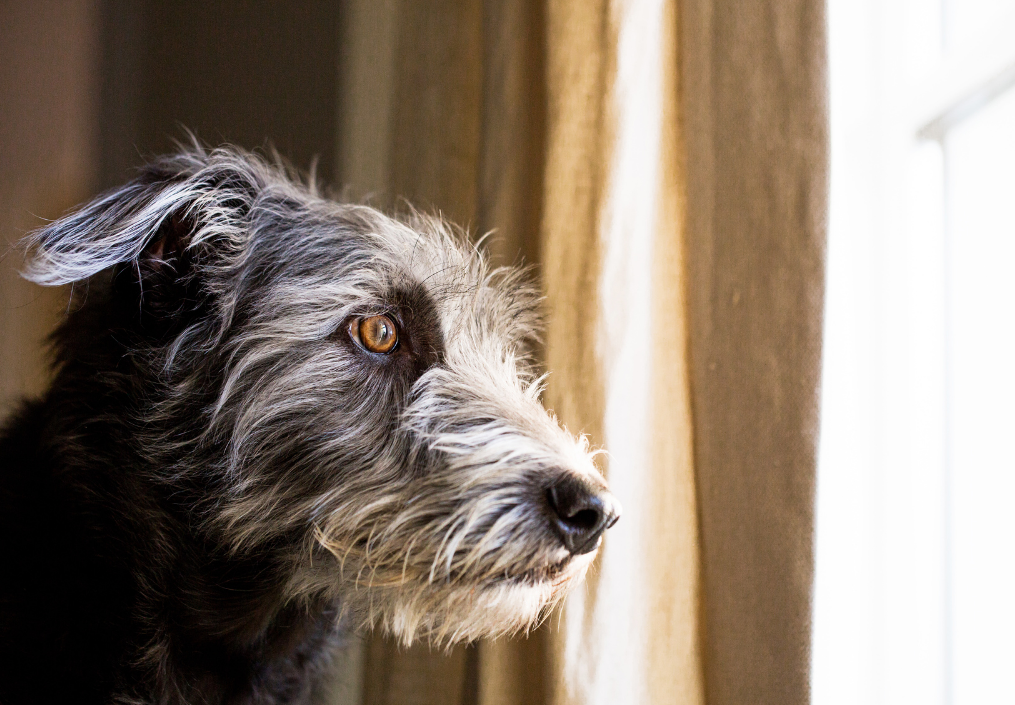Animal Welfare concerned about impact of Covid-19 on animals and rescue
Along with many other animal charities, we have felt the impact of Covid-19 on our work. It has been busier than normal, but without the same number of volunteers onsite and the ability to carry out our work as normal. We are also concerned about how Covid-19 will impact animals and our pets in the long term!
Covid Impact on dogs
We have also seen the impact of the lockdown on dogs in a variety of ways.
Demand of puppies increase during Covid
More people than ever have purchased dogs during lockdown as more people are at home. The price of puppies has more than doubled during lockdown with dogs costing almost £1,900 on average, with popular breeds often selling for £3,000 or more!
This has led to greedy breeders, puppy farmers, backyard breeders and third-party puppy sellers all trying to cash in on this trend.
Since March, we have taken in puppies bought in haste from third party puppy sellers that were no longer wanted when people have returned to work, sick puppies abandoned by breeders at the vets, breeding bitches that can no longer produce litters and older dogs who have been found surplus to requirement when people have bought a ‘lockdown’ puppy.
The surge in demand and high prices have also created an increase in dog theft, with dogs being stolen to order to be re-sold as pets or to be used as breeding machines to create more puppies! So, please look after and neuter your dogs!
Dog welfare concerns due to Covid
We are also worried about dog welfare crisis as people return to work away from the home and the impact of separation anxiety, both to new puppies who have never been left and adult dogs who have got used to company 24/7. You need to start easing your dog into this transition and help them to remember what life is like when they are alone, so it doesn’t feel so abrupt or scary when you do start to leave them for longer periods.
Here are some simple tips opposite to ensure you limit the risk of your pooch developing separation anxiety:
-
Create a routine: Dogs thrive off a routine which sets expectations and makes them feel safe. Act like you would if you were in work with set meal, walk and playtimes.
-
Practice leaving and returning: Test your dog’s behaviour when you leave the house and return. Walk out the door and lock it. Wait a few minutes before you come back in. Do you hear your dog barking, whining, or scratching at the door? These, along with howling, drooling, panting, and chewing doors, are signs of separation anxiety.
-
Get your dog used to longer and longer time alone: Start off at a level your pooch can cope with, such as 10-15 seconds, gradually building to minutes and eventually a couple of hours, over a few days. You do not want to be too animated in your greeting as this can build anticipation in your dog for a truly exciting greeting when you return. By doing plenty of alone time in short bursts during the day, your pup will desensitise, and it will normalise being alone as ‘no big deal’
-
Use enrichment toys & promote independent ‘play time’: These include Kongs, licky mats, slow feeders, and appropriate chew toys. Use your pup’s meal as the food to fill the enrichment toy and hide healthy extras such as vegetables, cooked chicken, or dog-safe peanut butter. Combine these activities with alone time, so they associate good things with being alone. Please make sure you do not leave your dog alone with anything dangerous – check that they aren’t destroying and swallowing bits of their toys before you leave them with these toys.
These simple exercises help reduce the likelihood of separation anxiety occurring in your dog when normal work routines return. Take care to ensure you are doing this at a pace your dog is comfortable with for best results.
If you think your dog is starting to show signs of separation anxiety, get in touch with a dog trainer or behaviourist. They will offer advice and every dog is different.
Kitten crisis as a result of Covid-19
As has been reported in the papers, it is guessed that around 84,000 extra kittens were born in 2020 due to fewer vets carrying out neutering procedures during lockdown!
We have definitely felt the impact of this ‘kitten crisis’ and are really worried about the long-term impact on the number of feral and unwanted cats, which then go on to breed in the years to come.
We have been doing our best to continue to neuter as many cats as we can throughout the crisis, neutering 100’s cats and kittens this year alone.
Impact on small furries due to Covid
Our smaller friends have also suffered. During lockdown, people have bought small animals to keep themselves amused, not appreciating the amount of care they need, and they are now surrendering them to rescue centres or even worse, dumping them!
Rabbits are also remaining unneutered and, well…they’re ‘breeding like rabbits’, putting even more pressure on rescues who are already full.
Neuter your pets
Please neuter your pets! If you are struggling financially, we can help, click here to find out more.

